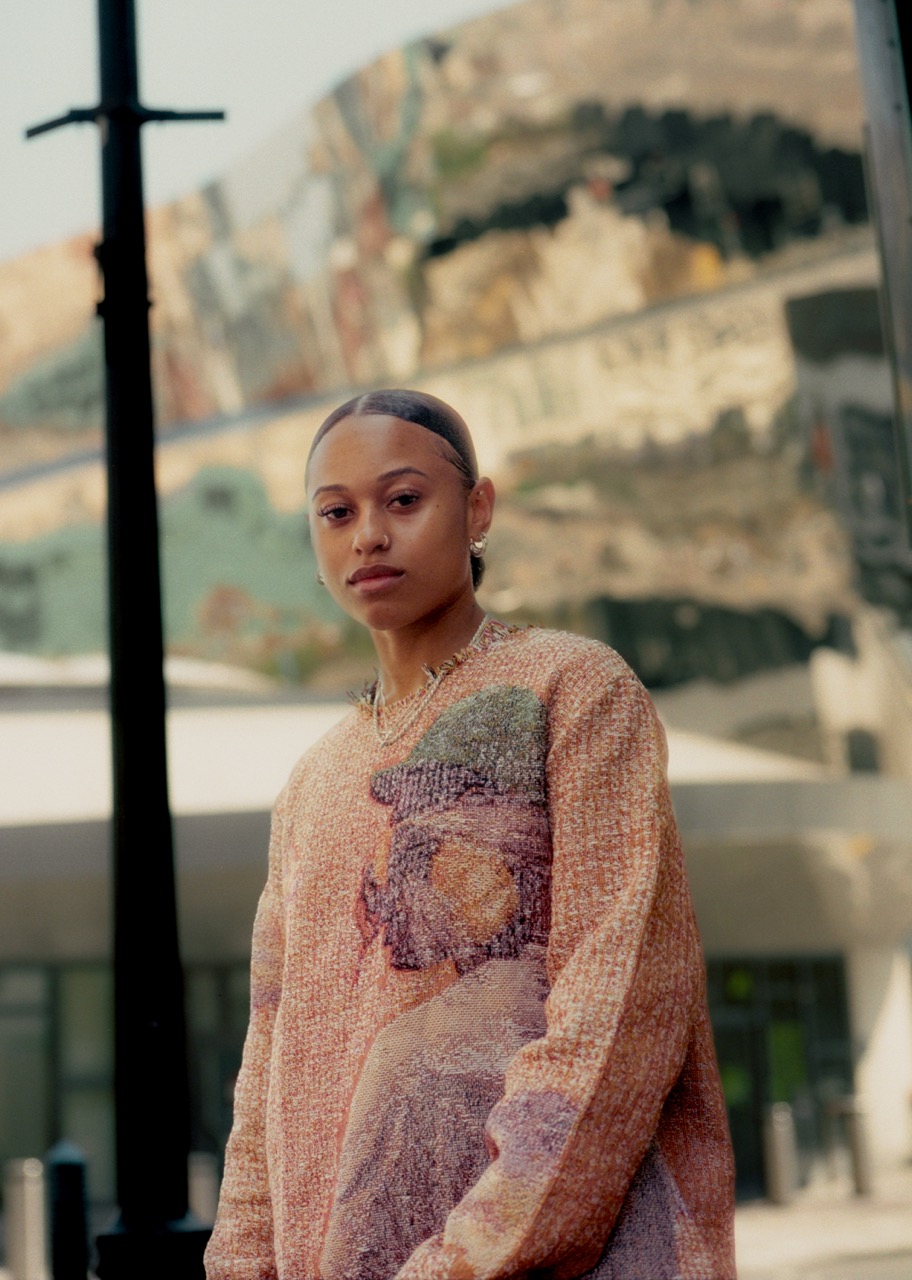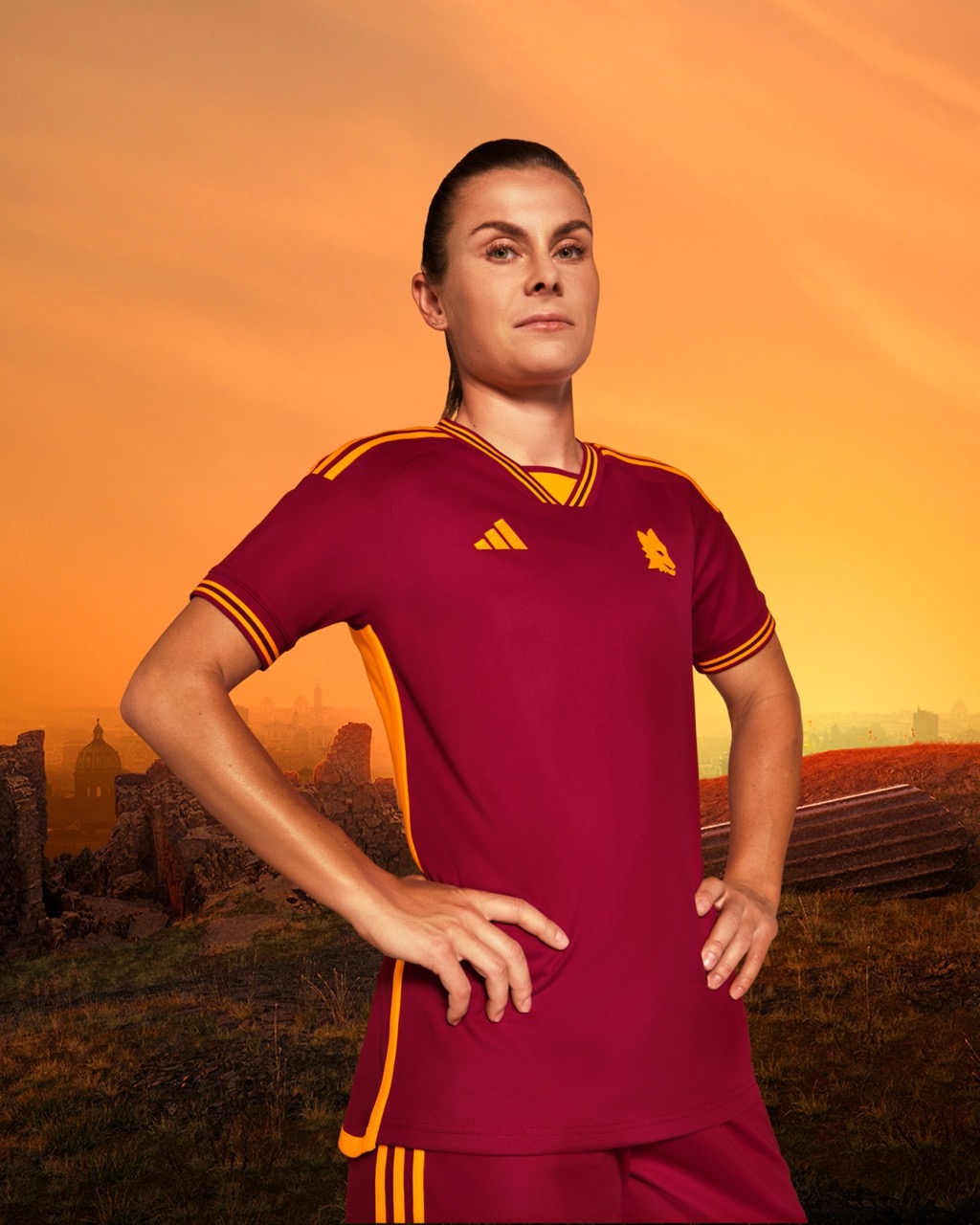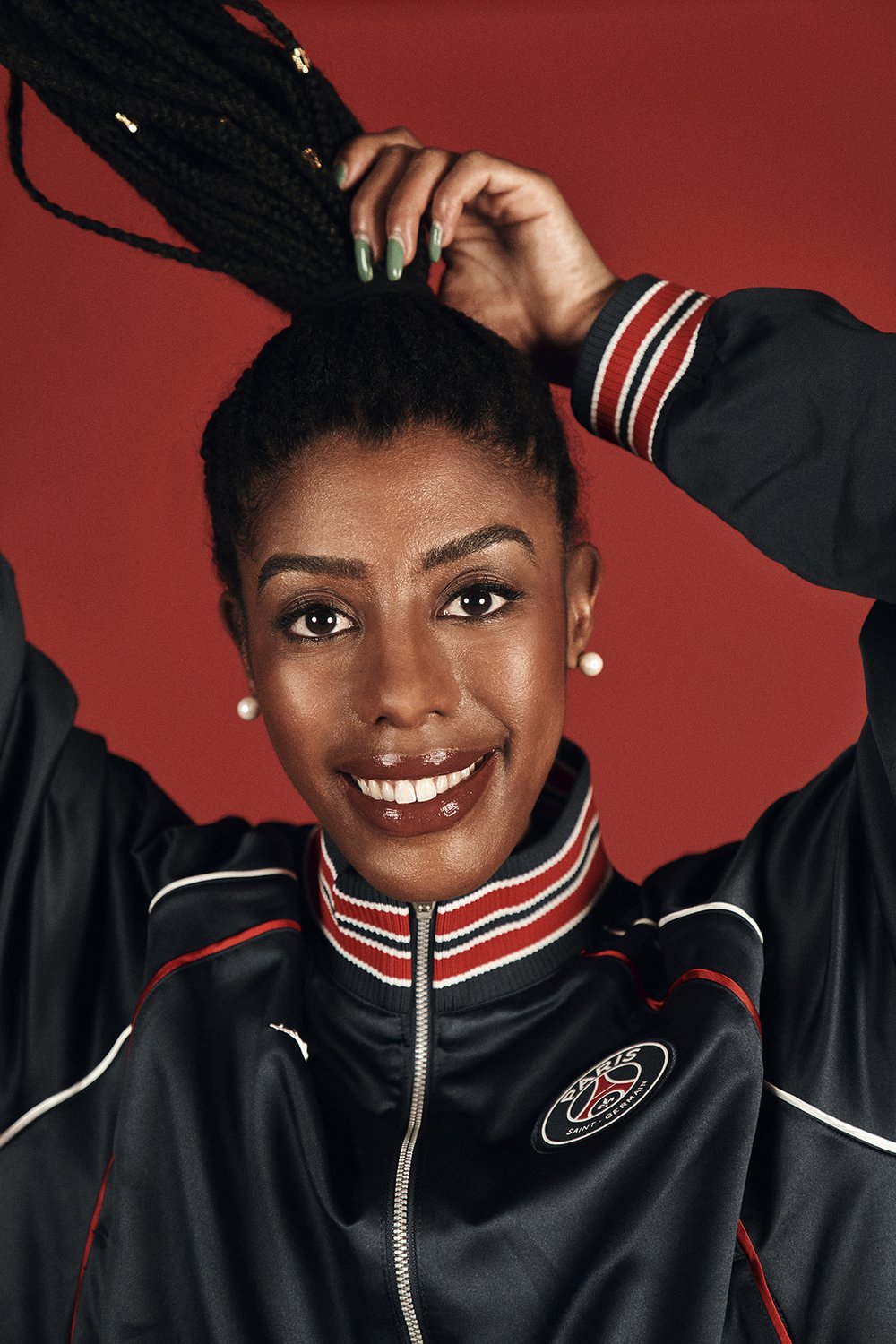In April this year, Birmingham City’s Siobhan Wilson suffered an anterior cruciate ligament injury during the first-half of the Blues 2-1 win over Southampton.
Data from the ACL Women Football Club suggests 195 elite players have suffered the injury in the last year alone. Between 25 and 30 players - enough for an entire extra squad - missed the upcoming World Cup because of this injury, including England’s captain Leah Williamson and Beth Mead.
But the impact of this injury isn’t just physical. The mental toll is often far worse.
“I remember just hearing a pop and the girls on the bench heard it too. As I planted my right foot to change direction on to my left, my knee has gone in and out. I knew it was serious but I didn’t know it was my ACL,” Wilson said.
“I remember when I got a call after my scan results came through and they said I tore my ACL. I couldn’t cry because I just got my lashes done.
“It was really hard. You never think it is going to happen to you. So many players were affected by this injury and I was worried about it. It’s really like an epidemic.
"I went from training everyday to not being able to move."
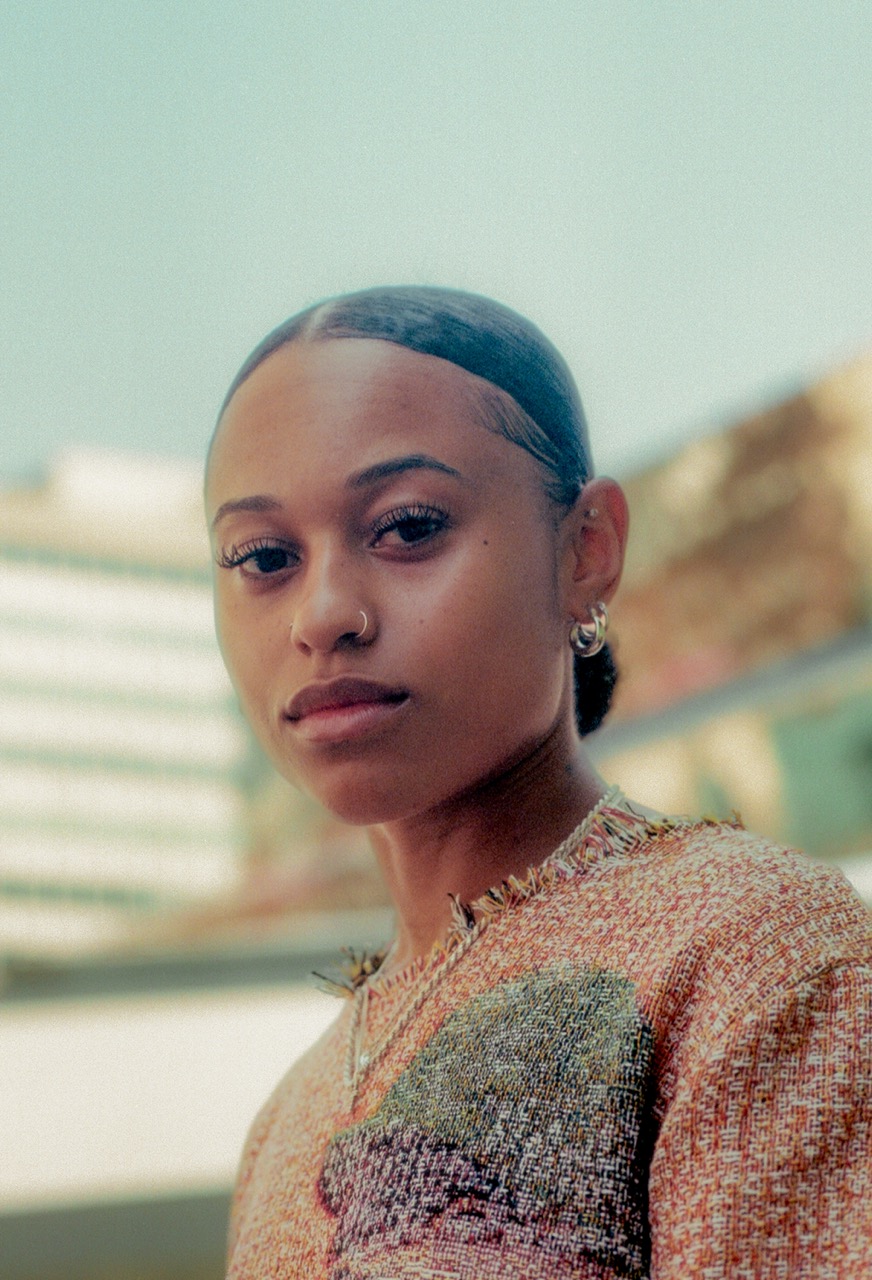
Research shows female athletes are up to six times more likely to have a non-contact ACL injury than male counterparts. As the women’s game has risen astronomically, the research has lagged behind meaning both prevention and recovery is much harder for women.
The role of the menstrual cycle also makes females more predisposed to injury at certain times. When oestrogen levels are higher, usually in the second week of the cycle, it can affect the stability of joints making them looser. However, it is important to stress that this is not the only reason.
External factors such as access to training, sport science, facilities and rehabilitation are all likely to have an influence too.
Female footballers are likely to have less exposure to structured and progressive training compared to their male counterparts.
Another cause is football kits. The studs on boots are designed around male movement and traction and this increases the risk of women getting their boots stuck in a pitch and being injured.
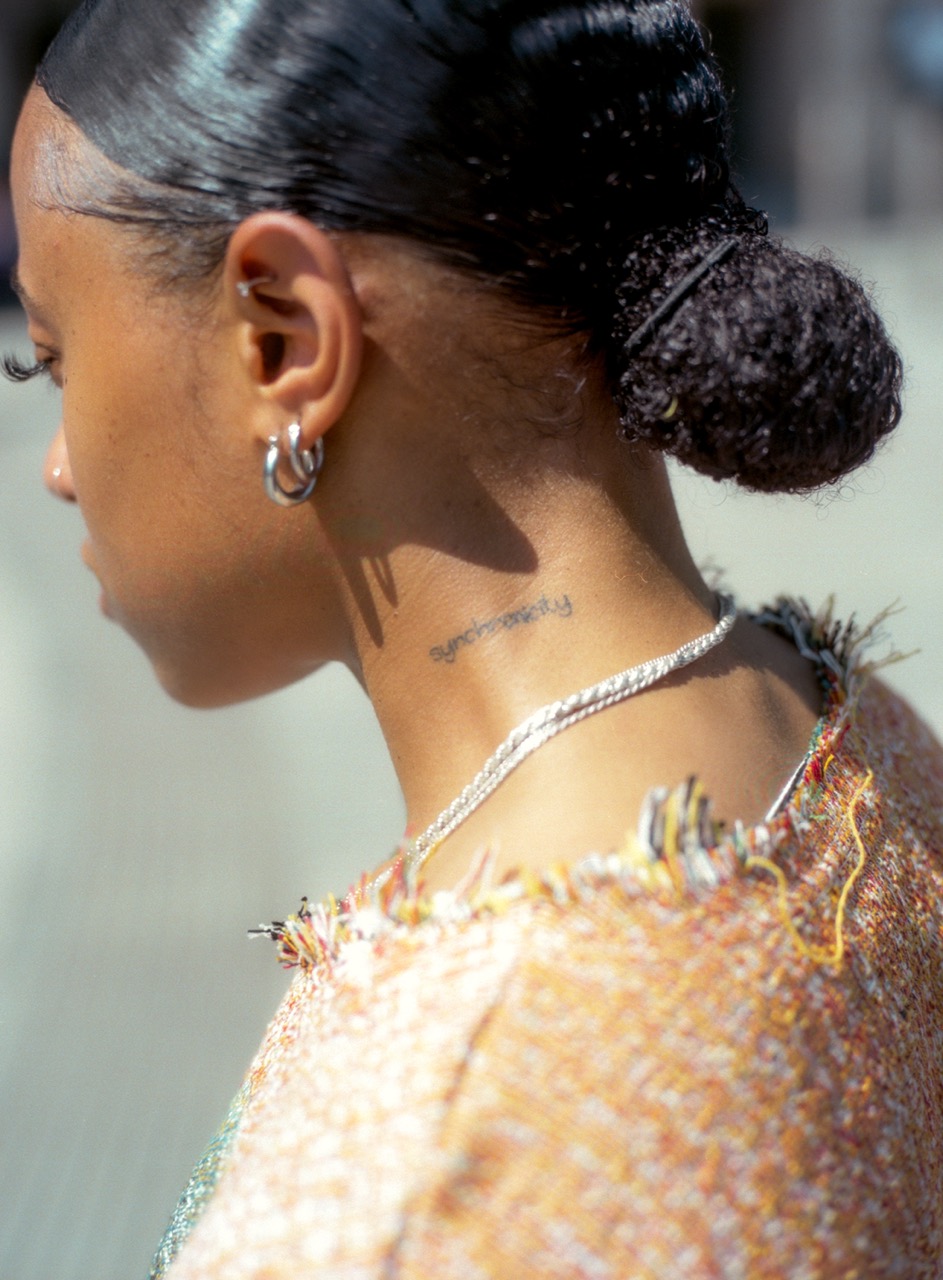
“I do feel like people are finally switching on,” Wilson said.
“I don’t think it really sunk in until I was on crutches and I couldn’t move at all. Football is all I’ve known from a young age. I’ve always played football so the adjustment was really difficult.
“The hardest thing was not being able to see my teammates in training and being around everyone. I really love having a routine so having to change everything was really difficult.
“When I did start training I was with people but we were all on different recovery plans so it was still hard. I had a recovery plan which helped but now I am just building up my strength.
“When you get an injury that stops you doing the one thing you know, you feel like you lose your identity a bit.
“There needs to be more research and investment into this injury in women’s football. There isn’t enough. We have to do more otherwise things aren’t going to change.”
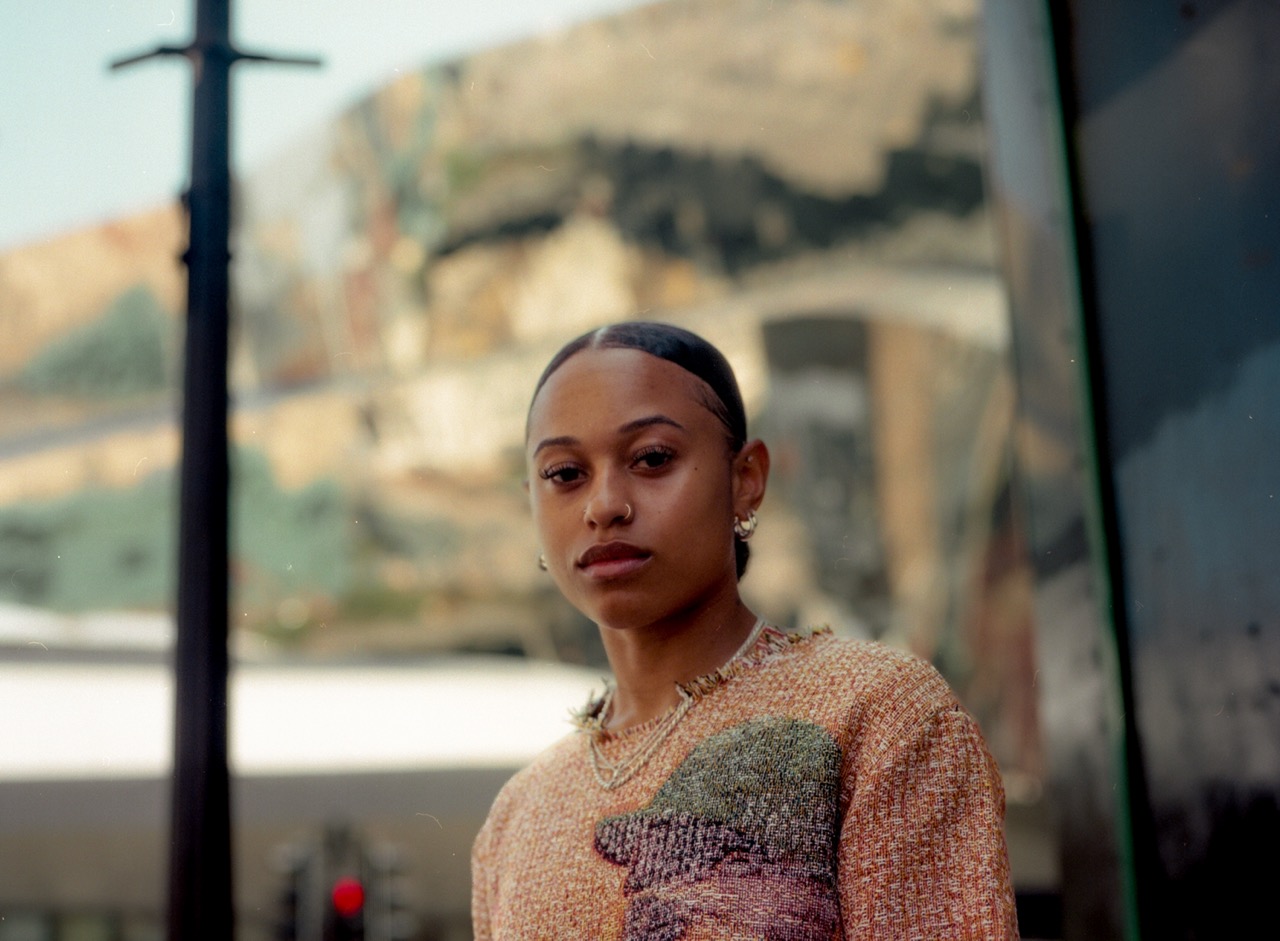
The disparity between men and women’s football also extends to pay, meaning many women footballers often have a second job to supplement their income.
Before Wilson was full-time at Birmingham, she was working two jobs and made a TikTok account to help boost her earnings.
Her social media presence also helped her connect with fans during her recovery as she documented her journey.
“I started TikTok to earn more money. I absolutely love it now. The pay gap is another difference between the men's and women’s games and things need to change,” Wilson added.
“We have to do more. There needs to be more money and resources invested into women’s football because it will mean more performance support teams, strength and conditioning coaches and physios.
“In hindsight, maybe my injury was a blessing because it really has made me fearless. I feel invincible. It’s the hardest thing I’ve gone through and I’m nearly at the end of it now.
-
Follow Siobhan on Instagram.
